Pine trees and hiking trails surround more than a dozen wooden cabins on a lakeside campground in the San Bernardino National Forest. Located near Big Bear, the 40-acre site also includes a large dining hall, amphitheater, swimming pool, sports field and archery range — as well as a memorable bucolic view.
Known as Camp Bluff Lake, the property is expected to become the permanent home of Habonim Dror Camp Gilboa once the labor Zionist youth camp closes escrow on Aug. 4.
Southern California’s Camp Gilboa was founded in 1936, one year after its parent organization expanded from Europe to North America. Modeled on a kibbutz environment, Habonim camps incorporate social justice education into camp activities, attracting Israelis and families who want their kids to learn progressive ideas.
Gilboa is purchasing the property for $2.5 million from the Wildlands Conservancy, which owns and operates the state’s largest nonprofit nature preserve system, and plans to make biannual payments of $250,000 to Wildlands over the next five years.
“We’ve been given a very special deal,” said Liz Bar-El, Gilboa camp committee chair.
The move this year to the new site presents an opportunity for Gilboa to grow on two levels. The camp can accommodate more campers — this year, it was attended by some 140 campers, ages 9 to 17, but the number can grow to 200, compared to approximately 130 in previous years at the YMCA site. This year, the camp offered a two-week and a three-week session; in the future, Bar-El said, Gilboa hopes to expand the summer season by a week or two.
The purchase also provides Gilboa, which has owned property in the past but mostly rented campgrounds throughout its 75-year history, an opportunity to put down roots again.
The arrangement to use the site this summer came via an agreement with Wildlands, and Gilboa’s organizers are now focused on fundraising to pay for the campground.
Gilboa, which named its capital campaign “Coming Home at Last,” has already received $880,000 in donations and pledges from alumni and others to fund the purchase of the site. Of that amount, approximately $150,000 is in cash donations, according to Norm Kane, Gilboa’s board president.
Two nonprofits that support Jewish camps — the Grinspoon Institute for Jewish Philanthropy and the Foundation for Jewish Camp — are offering strategic training to help the Gilboa leadership identify potential donors.
“Gilboa is a great success story because, if you look at the camp, the number of participating campers is growing, and that’s the bottom line for us … to make it so more people can participate,” Grinspoon director Mark Gold said.
The Avi Chai Foundation, a grant-making organization, has offered Gilboa a $500,000 loan, but Kane said the camp can’t get the loan without a letter of credit, which camp organizers are currently seeking.
Last month, Gilboa representatives approached The Jewish Federation of Greater Los Angeles about financial assistance but were turned down. Neither side would disclose how much was requested. The Federation says that although it is committed to Jewish camping via scholarships for campers and consulting with camp leaders to help them identify potential donors, it doesn’t help with the purchase of real estate for camps.
“Gilboa came to us asking how we could help them finalize the acquisition of their property. We had a really productive meeting and a series of conversations together, and we are exploring multiple ways we might be able to help. At that meeting it was premature of us to offer any sort of guarantee on the loan,” said Andrew Cushnir, Federation executive vice president and chief programming officer.
Federation President Jay Sanderson reiterated the agency’s support of Jewish camps.
“It is an essential part of our strategy to ensure the Jewish future,” he said.
Bar-El expressed disappointment with the outcome of Gilboa’s meeting with Federation.
“We didn’t come out with what we had hoped, which was that they would show more of a commitment to … helping us find the financing we need right now,” she said.
Nevertheless, Bar-El remains hopeful.
“It’s not over,” she said. “We haven’t achieved exactly what we wanted, [but] we hope The Federation will help at some point.”
Bar-El said the situation Gilboa faced before the campsite purchase was unsustainable.
“Every year, there has been this insecurity, if we could come back or not, and what [the YMCA] would charge,” she said. “When Bluff came along, we decided we really needed to seize the opportunity.”
Gilboa staff announced their intention to buy a campground in 2010, around the time of Habonim Dror North America’s 75th anniversary, and began discussions with Wildlands Conservancy in April.
Organizers say that owning a camp allows Gilboa to be truer to kibbutznik ideology — with campers maintaining the site in addition to participating in recreational and educational activities. And because Gilboa’s own staff will be running the kitchen, it will be kosher, whereas it was kosher-style at the YMCA site.
Wildlands will continue to own 80 acres of land surrounding the camp and has embraced Gilboa as its new neighbor. In its mission statement, Wildlands declares a commitment to making nature available to kids and believes Gilboa shares in this vision.
David Myers, executive director of the Wildlands Conservancy, reinforced Wildlands’ partnership with Gilboa.
“We’re backing this horse, [and] if there are reasons they can’t pay it, we would give them an extension,” he said, adding, “I’m not worried about them raising the money. The camp sells itself.”







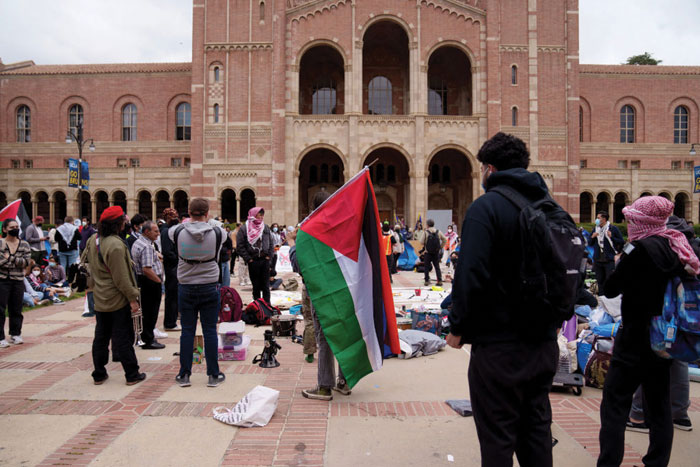

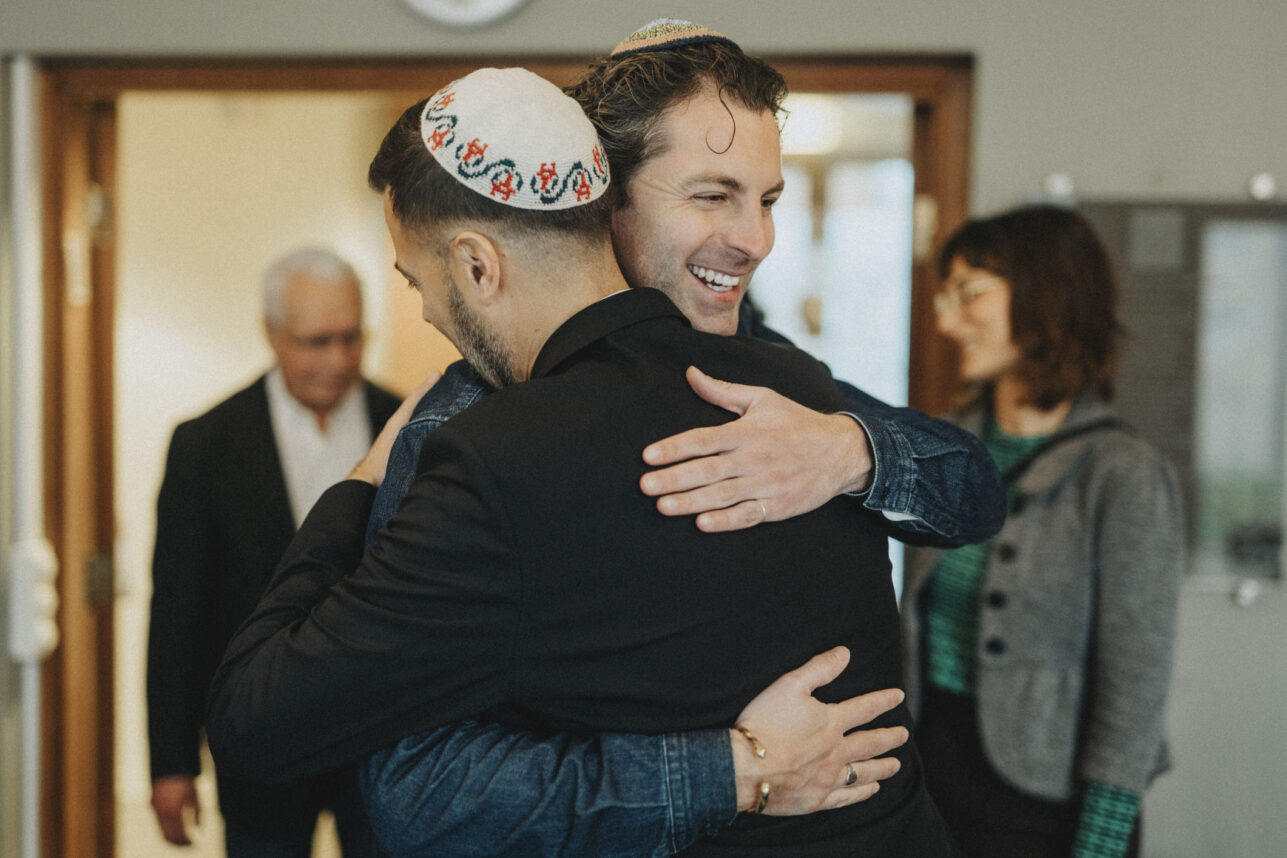
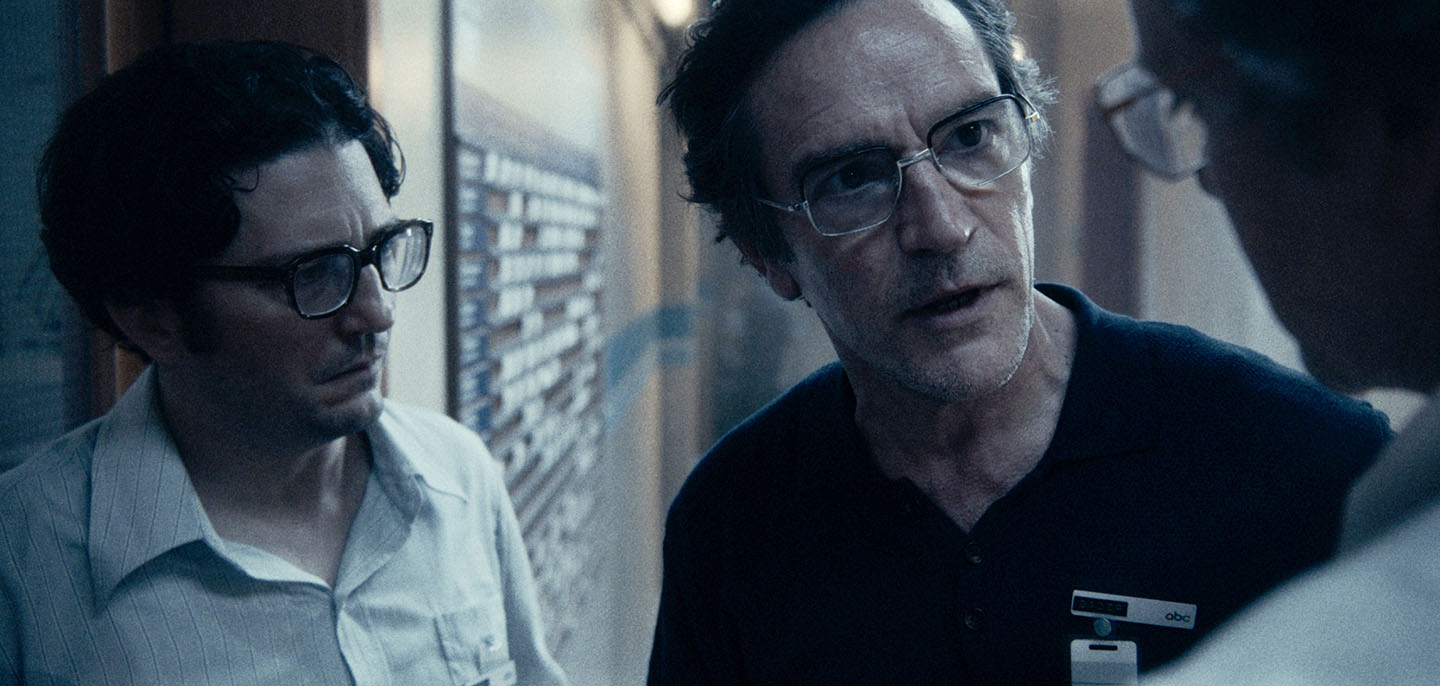


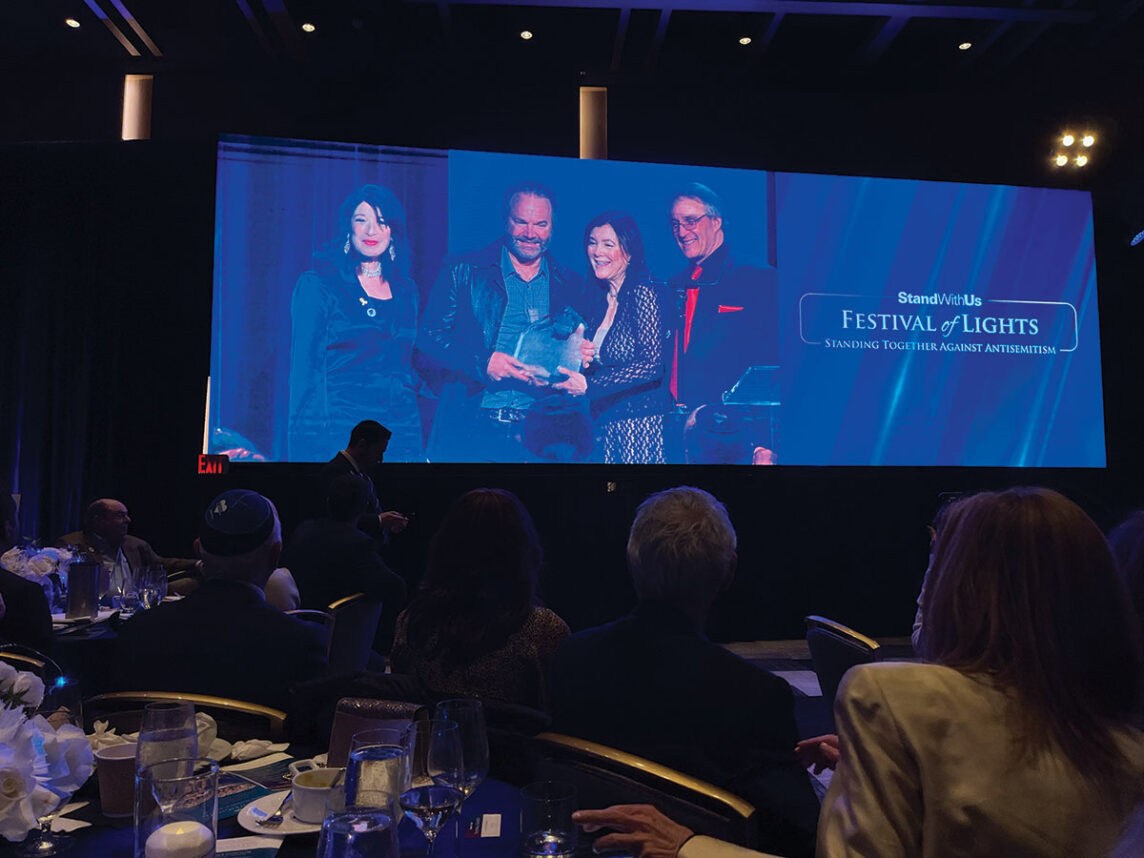

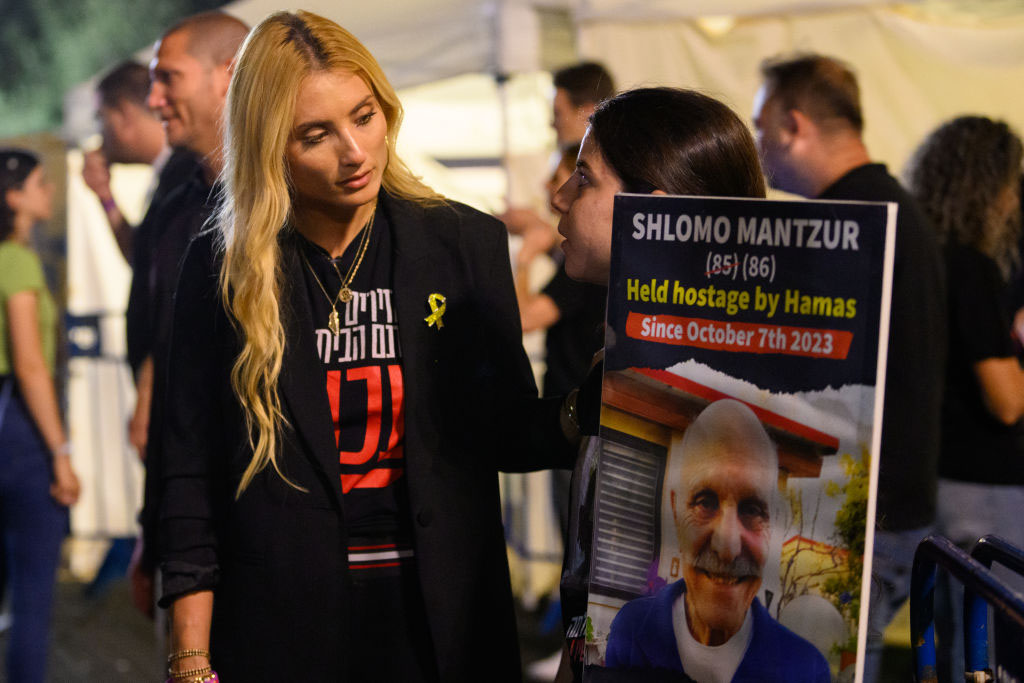
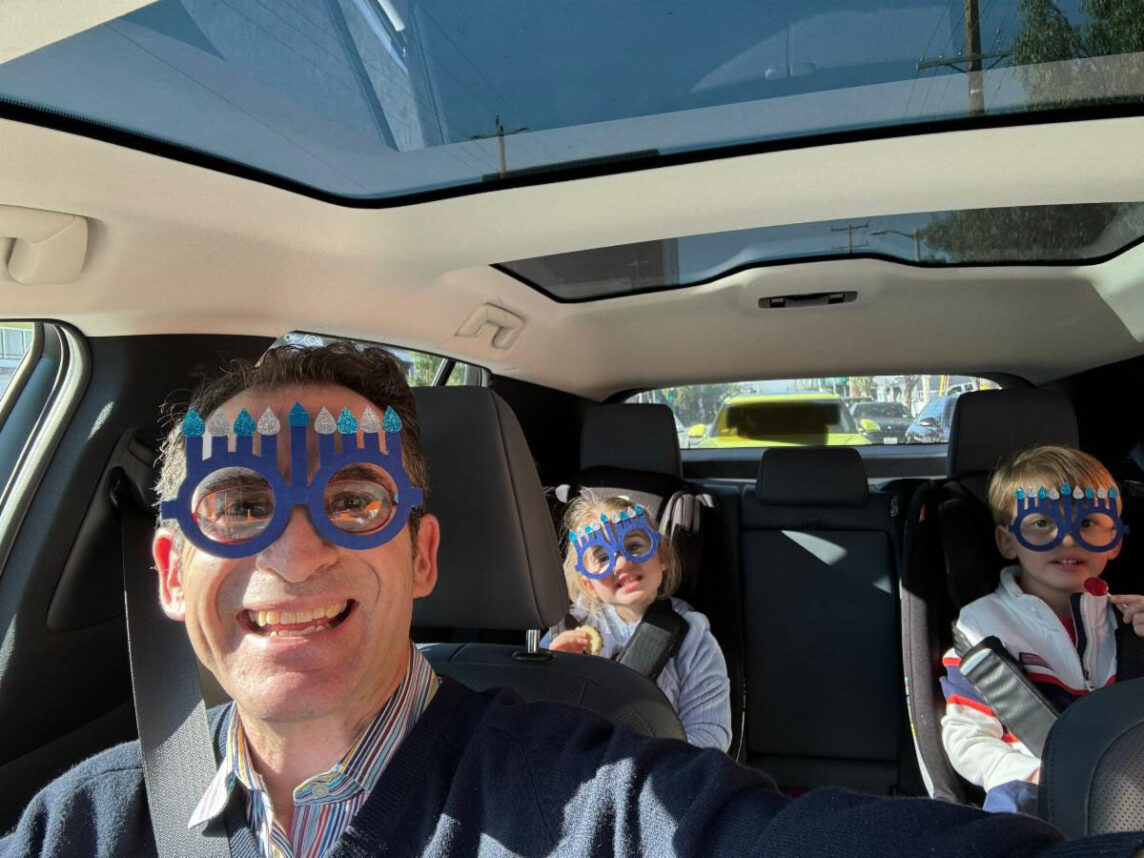





 More news and opinions than at a Shabbat dinner, right in your inbox.
More news and opinions than at a Shabbat dinner, right in your inbox.